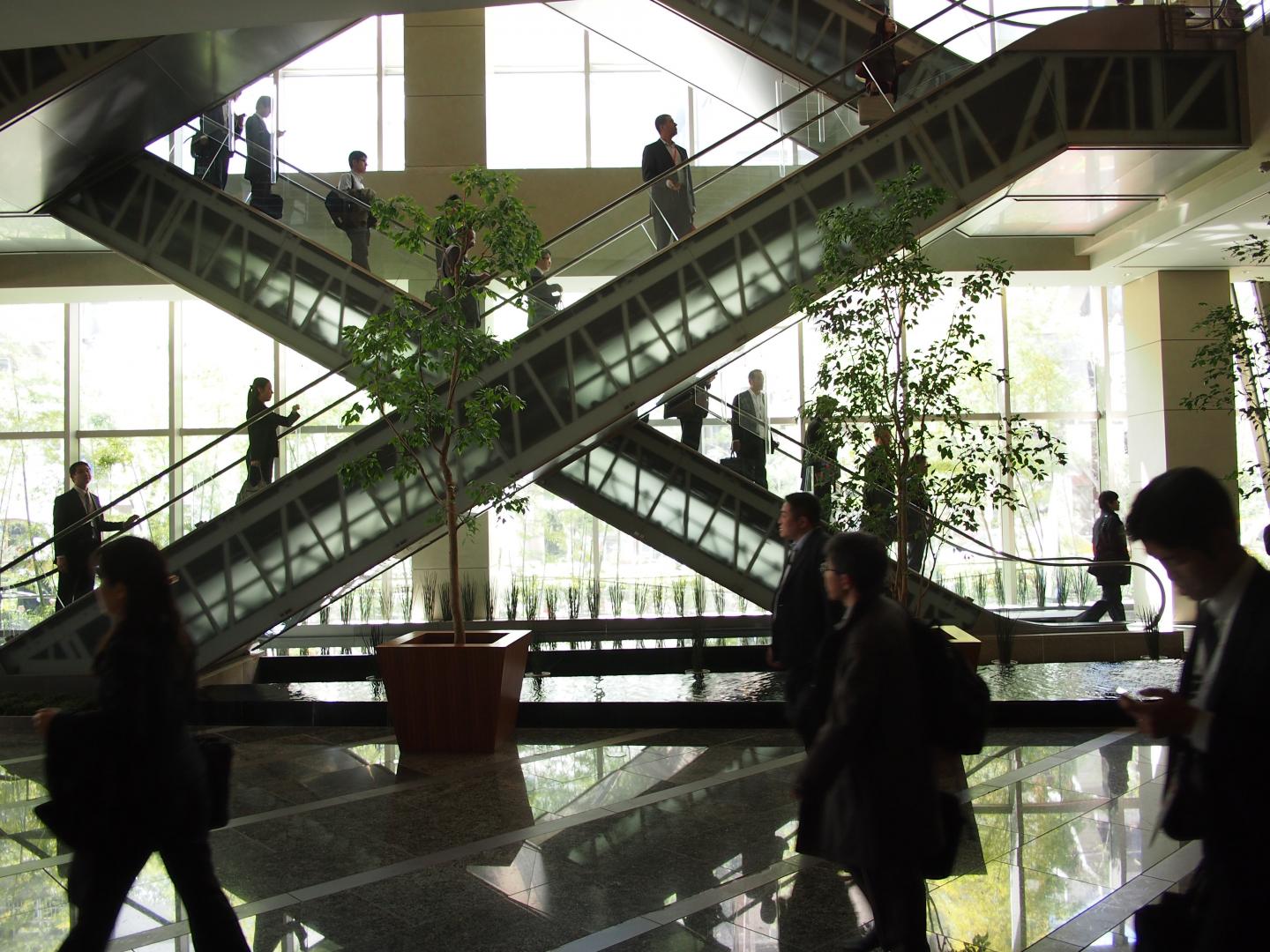Sitra has launched a three-year strategic research and monitoring project focusing on East Asia. The project aims at a deeper understanding of the challenges and opportunities that rapid development in Asia presents for Finland and sustainable well-being. Sitra will also begin cooperation with top universities in East Asia.
Finland’s success will no longer continue in a linear fashion. Instead, profound changes are needed, and setbacks are to be expected. East Asia – more precisely, China, Japan and South Korea – increasingly determines the focal points of global economic development and the direction of growth. Consequently, many of Finland’s future challenges and opportunities as well as unexpected changes will be related to East Asia.
“China is changing, and Japan and South Korea are finding their new roles in the development of East Asia,” says Sitra’s Leading Specialist Teppo Turkki, who heads the three-year research and monitoring project. “It is important to realise the growing importance of East Asia, but it is equally important to understand that interrelations in the area will evolve and change.”
Sitra’s partner universities in East Asia include the University of Tokyo in Japan, Seoul National University in South Korea and National Chengchi University in Taiwan.
“After two centuries of Western cultural hegemony, global focus is shifting back to East Asia. This will have considerable effects on our world view as well as the growth and competitiveness of our companies. Finland currently has too little knowledge and understanding of what this transition truly means,” says Turkki.
Mikko Kosonen is Sitra’s President. He firmly believes that a profound understanding of East Asia is essential to futures research: “This year, Sitra has strengthened its investment in strategic research into sustainable well-being. Global competition for natural and other resources is becoming more intense while economic growth is declining in Finland and elsewhere in Europe.
“If Finland is capable of changing into a welfare state that is socially, ecologically and economically sustainable – genuinely so – I believe our expertise and thinking will be in high demand, particularly in China. Well-functioning and resource-efficient, Finnish society may turn out to be a surprising and successful example and a source of new business opportunities in Asia,” says Kosonen.
More information:
Teppo Turkki, Leading Specialist
Tel. +358 294 618 497, +358 500-506 810
firstname.lastname@sitra.fi
